
Afghanistan Economic Outlook
August 2024
Afghanistan Economic Outlook, is a creative initiative of the Afghanistan Economic and Legal Studies Organization (AELSO) which reflects most important & the latest economic events that happened during a month in Afghanistan.
By reading this economic newsletter, that has designed in three languages (Pashto, Dari & English), you can get a wider overview of Afghanistan’s economic situation.
Afghanistan, Uzbekistan, and Azerbaijan Hold Trilateral Meeting in Kabul
 A trilateral meeting of Afghanistan, Uzbekistan, and Azerbaijan was held in Kabul, hosted by the acting Minister of Industry and Commerce of the De Facto Government, with the participation of the Minister of Industry, Trade, and Investment of Uzbekistan and the Deputy Minister of Economy of Azerbaijan.
A trilateral meeting of Afghanistan, Uzbekistan, and Azerbaijan was held in Kabul, hosted by the acting Minister of Industry and Commerce of the De Facto Government, with the participation of the Minister of Industry, Trade, and Investment of Uzbekistan and the Deputy Minister of Economy of Azerbaijan.
The Ministry of Industry and Commerce stated that the meeting focused on regional cooperation, the development of trade and transit, and attracting investment in Afghanistan.
“The Kazakhs and Uzbeks are trying to connect to South Asia through Afghanistan and implement global projects, and our officials should be prepared and cooperate,” said Mohammad Nabi Afghan, an economic affairs expert.
Additionally, a bilateral meeting between delegations from Uzbekistan and Afghanistan was also held, where they discussed establishing trade houses in Afghanistan and Uzbekistan and investing in the Termez International Trade Center.
Meanwhile, the Chamber of Commerce and Investment said such meetings are crucial for the growth and development of trade. The chamber officials added that in the last three years, around forty high-level regional delegations have visited Afghanistan to enhance and expand trade relations with Central Asian countries, and efforts are being made to increase exports.
“With the arrival of the De Facto Government, the Ministry of Industry and Commerce is trying to reduce dependency on one country and turn to Central Asia. In three years, more than forty delegations at the level of ministers and deputy prime ministers have visited Afghanistan,” said Khan Jan Alokozay, a member of the ACCI’s board of directors.
Meanwhile, the charge d’affaires of the De Facto Government’s embassy in Islamabad, Sardar Ahmad Shakib, said in a virtual meeting that over two billion dollars of exports were made from Afghanistan to other countries last year, with $1.178 billion dollars worth of exports to Pakistan and $416 million dollars worth of exports to India.
Shakib said, “Last year, Afghanistan exported goods worth $2.025 billion, 36.3% of which were fresh and dried fruits. Among these, exports worth $1.178 billion were made to Pakistan, $416 million to India, $34 million to the UAE, $28 million to China, and $27 million to Iran.”
This comes as, in the past three years, representatives from several countries, including China, Iran, Uzbekistan, Turkmenistan, Kyrgyzstan, Pakistan, the UK, Russia, Qatar, and the United States, have visited Afghanistan to expand and develop Afghanistan’s commercial and economic relations with regional and global countries. Among them, China and Qatar have already invested in Afghanistan.
Stop on Hairatan - Mazar-e-Sharif Railway Inaugurated
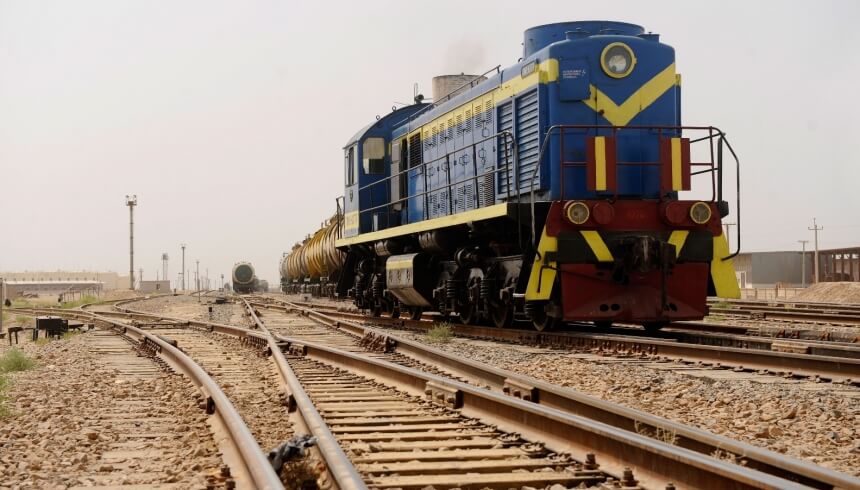 Mullah Abdul Ghani Baradar, Deputy Prime Minister for Economic Affairs, stated today (Wednesday) during the inauguration of the fourth stop on the Hairatan-Mazar-e-Sharif railway that Afghanistan’s geographical and strategic location is a key connecting point for Central Asian countries.
Mullah Abdul Ghani Baradar, Deputy Prime Minister for Economic Affairs, stated today (Wednesday) during the inauguration of the fourth stop on the Hairatan-Mazar-e-Sharif railway that Afghanistan’s geographical and strategic location is a key connecting point for Central Asian countries.
Baradar emphasized at the ceremony that the De Facto Government is striving to find various ways to connect regional countries. He said, “Afghanistan’s geographical and strategic location is a key connecting point for Central Asian countries. Considering this, the De Facto Government of Afghanistan is working to find various ways to strengthen the regional economy by connecting the countries of the region.”
Mohammad Esa Thani, acting Minister of Public Works, mentioned that the De Facto Government aims to transform the Hairatan-Mazar-e-Sharif railway, also known as the Naibabad railway, into a regional crossroads for the transport of commercial goods from neighboring countries.
Thani added, “Our joint delegation with Uzbekistan will travel to Jawzjan, then to Faryab and Badghis, and then to Herat, Nimroz, Farah, Helmand, and Kandahar. God willing, this route will be extended up to Pakistan.”
According to the acting Minister of Public Works, the Hairatan-Mazar-e-Sharif or Naibabad stop has been reactivated after several years and spans 50 kilometers.
The Governor of Balkh and representatives from Uzbekistan consider the reactivation of this stop beneficial for facilitating trade between the two countries. Mohammad Yousuf Wafa, Governor of Balkh, remarked, “This is a source of joy for traders, it boosts economic capacities, and brings many facilities.”
Ismatullah Irgashev, Uzbekistan’s special envoy on Afghanistan, said at the ceremony, “We hope this route will symbolize brotherhood, friendship, and good neighborliness between Uzbekistan and Afghanistan, and in addition, it will contribute to the revival of Afghanistan’s national economy.”
The repair work on the Hairatan-Mazar-e-Sharif railway route began in February last year by an Uzbekistan company at a cost of $6.3 million. The repair work has now been completed up to the fourth port—Naibabad section, and it has been put into operation.
Impact Assessed of Intl Aid on Afghan Economy in Last 3 Years
 Humanitarian aid from the United Nations and donor countries to Afghanistan over the past three years has been one of the key economic issues for the country.
Humanitarian aid from the United Nations and donor countries to Afghanistan over the past three years has been one of the key economic issues for the country.
Despite steps taken by the De Facto Government’s authorities in areas such as security, reconstruction, and the implementation of certain projects, particularly in establishing economic relations with neighboring countries, the region, and the world, words like poverty, unemployment, and migration continue to dominate the headlines.
Hamidullah, a resident of Kabul, said: “No one asks how we are doing, what problems we have. We have not received any aid.”
However, in the latest instance, the Special Inspector General for Afghanistan Reconstruction (SIGAR) in its 64th quarterly report stated that the United States has allocated $20.7 billion for Afghanistan since August 2021, including $2.9 billion for humanitarian and development aid, $3.7 billion for transferring Afghan assets to a trust fund, and over $14 billion for Afghan refugees.
But the Ministry of Economy of the De Facto Government has called SIGAR’s report an exaggeration, saying that this amount of money has not been made available to the citizens of the country.
Additionally, the United Nations has announced that despite billions of dollars flowing into Afghanistan, the country is still facing widespread poverty.
Roza Otunbayeva, head of the UN Assistance Mission in Afghanistan (UNAMA), said on June 22, 2023: “More than seven billion dollars have been provided by international donors for humanitarian assistance and more than four billion to support basic human needs for the Afghan people since the Taliban takeover.”
Given these reports, analysts are questioning the effectiveness of humanitarian aid efforts from the UN, the European Union, the US, and other donor countries and organizations.
Shabbir Bashiri, an economic expert, said: “Humanitarian aid over the past three years, as its name suggests, has been humanitarian, and some of this aid has reached those in need.”
Officials in the De Facto Government do not consider the humanitarian aid from international organizations and donor countries sufficient to reduce poverty in Afghanistan and emphasize efforts to shift this aid towards entrepreneurial sectors.
Abdul Latif Nazari, the Deputy Minister of Economy, said, “Over the past three years, international community aid and relief organizations have been effective, but insufficient, and the reason is that most of this aid has been humanitarian. We are striving to turn this aid into developmental assistance.”
At the same time, the UN Office for the Coordination of Humanitarian Affairs (OCHA) has announced that half of Afghanistan’s population lives in poverty, and one in four Afghans is uncertain about where their next meal will come from.
According to OCHA statistics, around 23.7 million people in Afghanistan will need humanitarian aid this year, making it the third-highest number of people in need worldwide.
First Afghan Mineral Shipment Exported to China via Chabahar Port
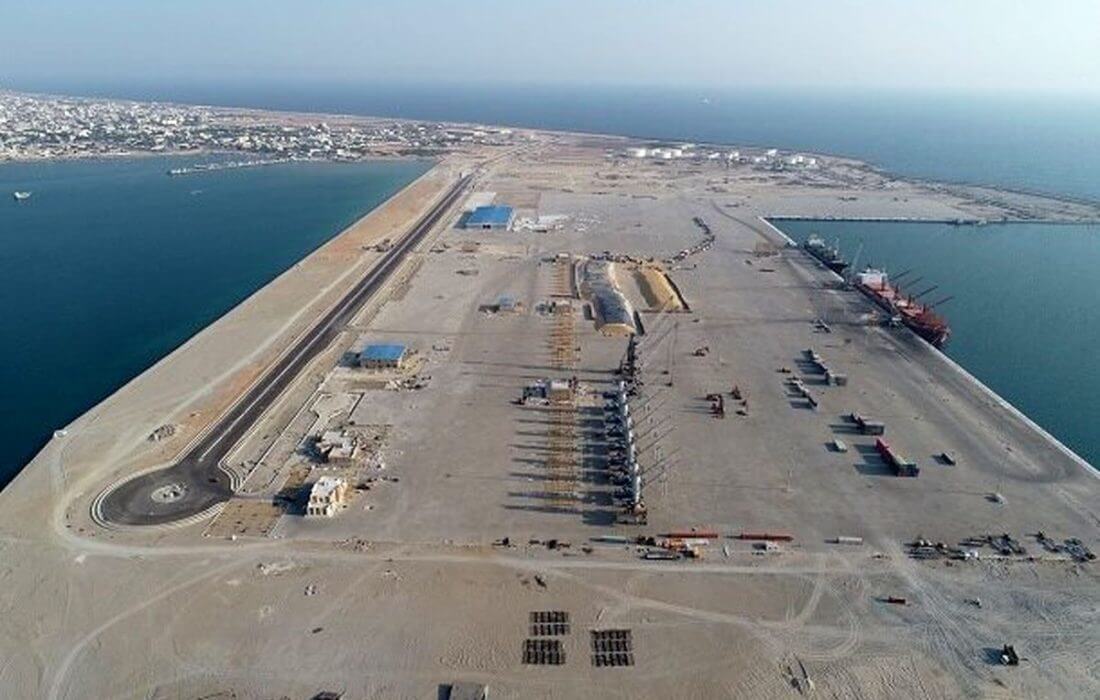 The first transit shipment carrying Afghan minerals has been exported to China via Chabahar Port. The Deputy of Ports and Economic Affairs at the General Directorate of Ports and Maritime of Sistan and Baluchestan, Iran, stated that around 12 trucks carrying Afghan transit minerals, which had entered the country from Nimroz, were transferred to China.
The first transit shipment carrying Afghan minerals has been exported to China via Chabahar Port. The Deputy of Ports and Economic Affairs at the General Directorate of Ports and Maritime of Sistan and Baluchestan, Iran, stated that around 12 trucks carrying Afghan transit minerals, which had entered the country from Nimroz, were transferred to China.
The Chamber of Commerce and Investment confirmed this development, recognizing Chabahar Port as a suitable alternative for trade with Pakistan, facilitating the export of Afghan goods to European countries and India.
Khan Jan Alokozay, a member of the Board of Directors of the Chamber of Commerce and Investment, said, “Twelve trucks of minerals that departed from Nimroz moved towards Chabahar and were loaded onto a ship today, heading for China. This is a fortunate development, and we should continue using this route. The technical issues present in Chabahar, including transportation, security, technicalities, and shipping, as well as money transfer challenges, must be resolved.”
Some traders note that sea freight costs are lower, and necessary facilities should be provided at Chabahar Port to expedite the export of goods to regional and global markets.
Omid Haidari, a trader, said, “We use Bandar Abbas for exporting our goods, which is time-consuming and takes over a month. However, Chabahar Port could reduce costs and time.”
Another trader, Khwaja Dawood Siddiqi, added, “They should establish a route through Chabahar for us to start exports to India, China, and Turkey. For nearly three years, whenever the harvest season begins in our country, Pakistan closes its ports under various pretexts, causing the fresh fruits and vegetables of Afghanistan to spoil.”
Chabahar Port is one of the most significant maritime ports for trade, and Afghanistan can utilize it to export its goods to countries such as China, India, Bangladesh, Turkey, and through Turkey to European countries.
According to some experts, challenges in trading with Pakistan, such as increased customs tariffs on fresh fruits and vegetables, the requirement for visas, passports, and temporary entry permits for Afghan drivers, and the recent closure of Pakistani border crossings to Afghan freight trucks, have increased Afghan traders’ dependence on Chabahar Port for exporting goods.
Kandahar increases exports of dried fruit and nuts to India
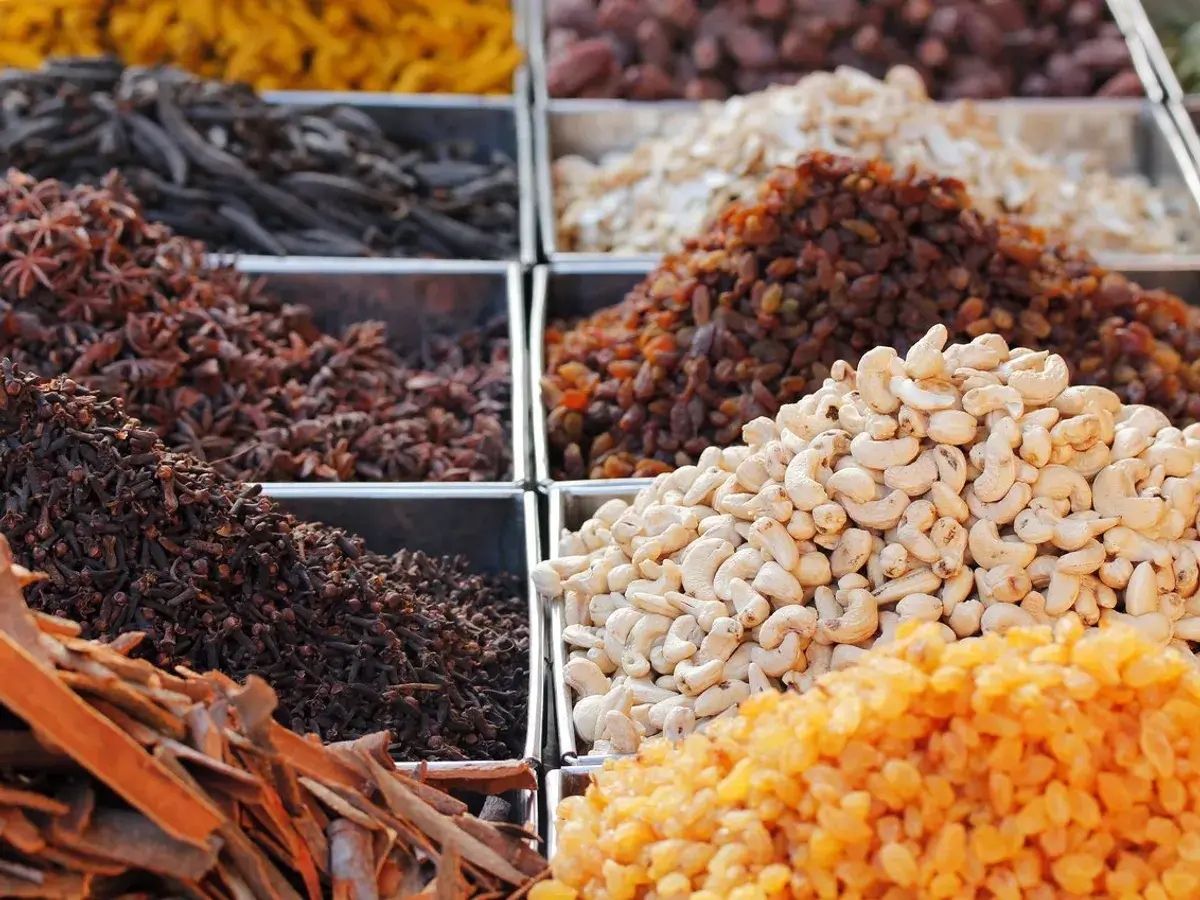 Twelve thousand tons of dry fruit and nuts has been exported from Kandahar to India during the last four months.
Twelve thousand tons of dry fruit and nuts has been exported from Kandahar to India during the last four months.
Officials from Kandahar’s chamber of commerce say that facilities in the export process have been provided by both countries.
According to the officials they are trying to export to European countries as well.
Businessmen have welcomed the increase in exports to India but have called for the visa process to be speeded up.
Officials said the exports to India primarily consisted of almonds, raisins, walnuts and dried figs.
Azizi: Over $7 Billion Invested in the Last 3 Years
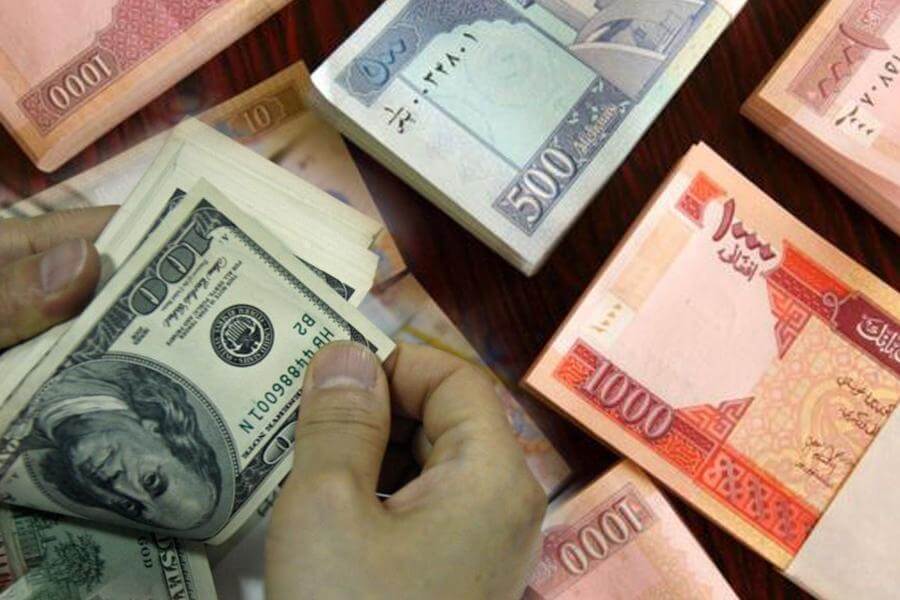 In an exclusive interview with Media, Nooruddin Azizi, the acting Minister of Industry and Commerce, revealed that over the past three years, more than $7 billion has been invested in Afghanistan, with $500 million of that amount directed towards the industrial sector.
In an exclusive interview with Media, Nooruddin Azizi, the acting Minister of Industry and Commerce, revealed that over the past three years, more than $7 billion has been invested in Afghanistan, with $500 million of that amount directed towards the industrial sector.
Azizi urged all investors in the country to take immediate steps to transfer their investments from foreign countries to Afghanistan. According to the acting Minister, the De Facto Government is striving to increase the level of investment in the country.
Nooruddin Azizi told media: “Today, hundreds of companies from Europe, neighboring countries, and the region, particularly Afghan investors, are ready to come and invest in the production and packaging of vehicles in Afghanistan.”
In the interview, Azizi added that in the near future, contracts worth $80 million will be signed, with over 80% of these projects dedicated to supporting women entrepreneurs. He mentioned that currently, 50,000 small businesses and over 9,000 companies owned by women entrepreneurs are operating in Afghanistan, and the De Facto Government supports them.
Nooruddin Azizi stated, “In the energy sector, we have an important agreement with Turkmenistan. Alhamdulillah, two private Afghan companies, under the name 500 Kilovolt, are planning to complete the unfinished work and deliver it to Kabul, and from Kabul to Ghazni and Kandahar, creating a circular route.”
The acting Minister also emphasized that industrialization is one of the main priorities of the Ministry of Industry and Commerce. Currently, nearly 50 companies in Afghanistan have achieved self-sufficiency in various sectors.
In the interview, he highlighted the 150-megawatt Helmand power project as one of the largest and most significant facilities provided by the Ministry for industrialists.
The acting Minister added, “We have supported a previous project in Helmand in every way possible. Today, around 150 megawatts of electricity are generated from the Kajaki Dam, which meets the electricity needs of Helmand, its surrounding areas, and Kandahar.”
At the end of the exclusive interview, Nooruddin Azizi mentioned that Afghanistan currently trades with more than 80 countries worldwide, and despite the challenges and restrictions in place, trade continues normally. He called on neighboring countries, particularly Iran and Pakistan, to provide more facilities for Afghan exports.
2nd Uzbekistan Products Exhibition Held in Kabul
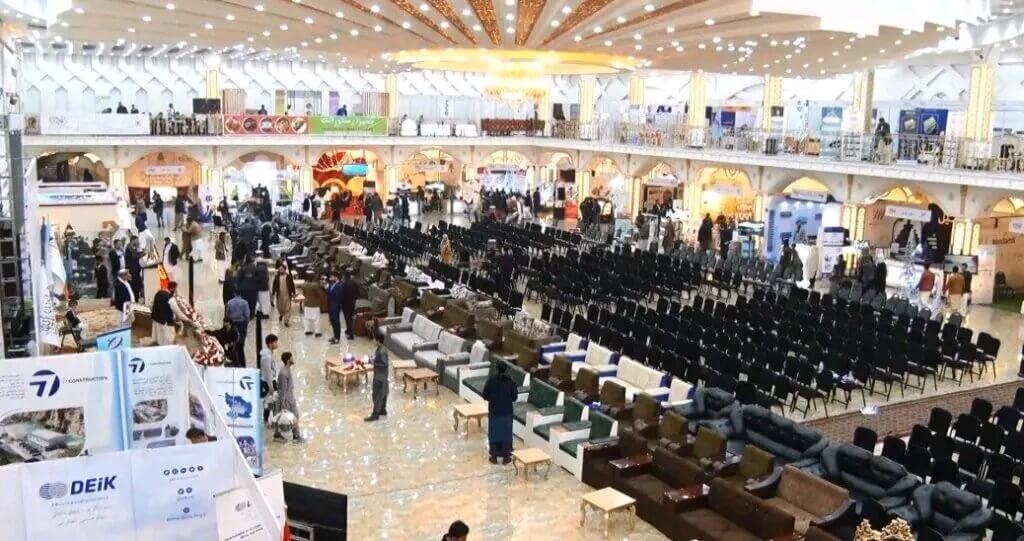 The second Uzbekistan Products Exhibition in Kabul has witnessed a strong turnout from citizens. Several Uzbekistani participants at the exhibition stated that visitors have shown significant interest in their products, and they hope to secure major agreements with the Afghan side.
The second Uzbekistan Products Exhibition in Kabul has witnessed a strong turnout from citizens. Several Uzbekistani participants at the exhibition stated that visitors have shown significant interest in their products, and they hope to secure major agreements with the Afghan side.
At this exhibition, around 200 Uzbekistani traders from 30 sectors have showcased their products over a three-day period.
Asrar Bek, an industrialist, said, “Today, we have brought and displayed Uzbekistan’s products in Kabul. Our main goal is to attract the attention of the Afghan people to our products.”
Another industrialist, Rahmanov Dostanbek, added, “We are participating in this exhibition with the aim of securing major agreements with the Afghan side in the silk industry sector. The interest of visitors in Kabul towards our products is high. Our products are made 100% from natural silk, including fabrics, clothing, carpets, and other items.”
Aman Farogh Bek, another industrialist, mentioned, “In various sectors here, Uzbekistan’s products, including electrical appliances, construction materials, furniture, carpets, and other items, have been displayed. This exhibition helps to develop economic cooperation between the two sides.”
Several citizens consider such exhibitions beneficial for familiarizing themselves with foreign products, particularly those from Uzbekistan.
Nasrullah, a visitor, said, “This creates cultural unity between the two countries and leads to better mutual understanding.”
Maryam, another visitor, remarked, “We came to this exhibition to see the products and understand what kind of items Uzbekistan has brought and displayed for us.”
The head of the Afghanistan International Exhibition stated that about 200 Uzbekistani traders from 30 sectors have displayed various products, including machinery, health products, electronics, and carpets, over the three-day event.
Mohammad Saber Latifi, head of the Afghanistan International Exhibition, said, “Over 200 traders in 30 sectors and more than 80 of their various companies have participated here.”
This comes as the Uzbekistan Products Exhibition was inaugurated yesterday in Kabul with the presence of high-ranking officials of the De Facto Government, including the Deputy Prime Minister for Economic Affairs, the Prime Minister, and high-ranking Uzbekistani delegations.
35 Investment, Trade Agreements Signed Between Afghanistan and Uzbekistan
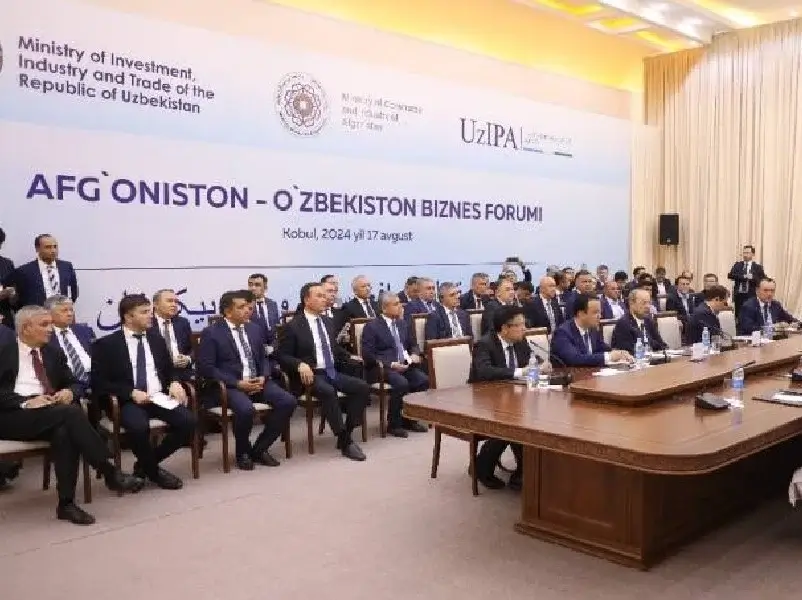 The Economic Deputy of the Prime Minister’s Office announced in a press release the signing of 35 investment and trade agreements worth $2.5 billion between Afghanistan and Uzbekistan. According to the Economic Deputy, 12 agreements worth $1.4 billion were signed in the investment sector, and 23 agreements worth $1.1 billion were signed in the trade sector. These agreements were made in the presence of Mullah Abdul Ghani Baradar, Economic Deputy of the Prime Minister’s Office, and Uzbekistan’s Prime Minister, Abdulla Nigmatovich Aripov.
The Economic Deputy of the Prime Minister’s Office announced in a press release the signing of 35 investment and trade agreements worth $2.5 billion between Afghanistan and Uzbekistan. According to the Economic Deputy, 12 agreements worth $1.4 billion were signed in the investment sector, and 23 agreements worth $1.1 billion were signed in the trade sector. These agreements were made in the presence of Mullah Abdul Ghani Baradar, Economic Deputy of the Prime Minister’s Office, and Uzbekistan’s Prime Minister, Abdulla Nigmatovich Aripov.
Mullah Abdul Ghani Baradar stated, “Today is a very good opportunity to discuss the relations between the two countries and economic issues, especially railways, electricity, trade, transit, and visas.”
The Afghanistan-Uzbekistan trade meeting and the Uzbekistan Products Exhibition in Kabul were also held with the participation of the Ministers of Industry and Commerce and the private sectors of both countries. The Prime Minister of Uzbekistan, the Economic Deputy of the Prime Minister’s Office of the De Facto Government, the Ministers of Industry and Commerce, and delegations from both sides, including representatives of the private sectors from both countries, visited the products of Uzbekistan at the exhibition.
Nooruddin Azizi, the acting Minister of Industry and Commerce, highlighted the importance of bilateral cooperation between the two countries in trade, transit, and joint investments for the growth and development of both economies. Azizi urged Uzbek investors to invest in various sectors in Afghanistan, stating, “We assure our friend and brother country, Uzbekistan, that work on the implementation of the agreed points in the meetings has begun by both countries, and good progress and achievements have been made.”
The Minister of Investment, Industry, and Trade of Uzbekistan, Laziz Kudratov, emphasized the need to strengthen cooperation between Afghanistan and Uzbekistan in the development of transportation, trade, transit, and bilateral investments in infrastructure projects. Kudratov noted that efforts to increase the trade volume between Uzbekistan and Afghanistan to three billion dollars are ongoing, with significant successes already achieved. He added, “In order to increase the volume of trade between our countries to three billion dollars, major plans have been set in motion. From October 1 of this year, trade agreements with various benefits between the two countries will practically commence.”
Afghanistan’s private sector expressed satisfaction with the expansion of bilateral cooperation between Afghanistan and Uzbekistan, acknowledging the great potential for developing trade between the two countries. At the end of the meeting, trade agreements were signed between Afghan traders and their Uzbek counterparts to strengthen cooperation and expand trade relations.
Kandahar textile factory resumes operations after 45-year hiatus
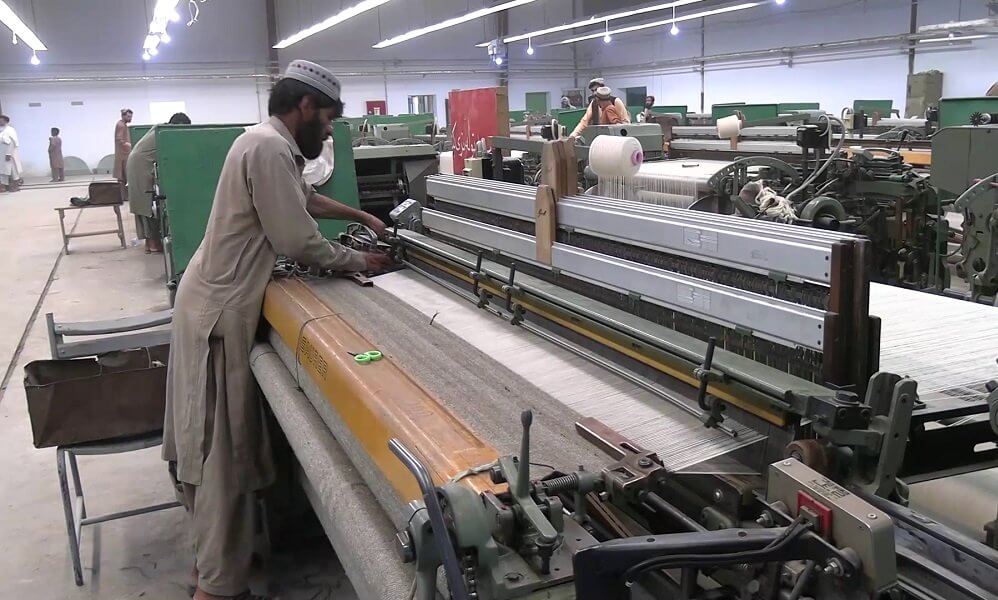 A textile factory in Kandahar has resumed operations after a 45-year hiatus, provincial officials confirmed on Thursday. The factory, which houses 3,000 machines, has reactivated 400 of them and has begun producing fabric.
A textile factory in Kandahar has resumed operations after a 45-year hiatus, provincial officials confirmed on Thursday. The factory, which houses 3,000 machines, has reactivated 400 of them and has begun producing fabric.
The factory had been closed for 45 years due to war, but with its recent reopening, fabric is now being produced, and the clothing will be supplied to the Ministries of Public Health, National Defense, Interior, and the General Directorate of Intelligence.
Factory officials stated that if they secure contracts from these ministries, they could potentially bring 2,600 more machines back into operation, creating jobs for up to 12,000 people. Of the 400 machines currently in use, 64 are dedicated to processing cotton and have the capacity to produce large quantities of fabric.
Kandahar residents have welcomed the factory’s reactivation, noting that it will provide much-needed employment opportunities for locals. The textile factory, originally established in 1975, was one of many that closed down due to the outbreak of war.
Dozens of other factories faced a similar fate, but since regaining power in August 2021, the De Facto Government has been working to restart these facilities. One such example is the state-owned bread factory, Silo-e-Markazi (Central Silo), in Kabul, which resumed production two years ago after a 30-year hiatus.
$23 million pharmaceutical company inaugurated in Kabul
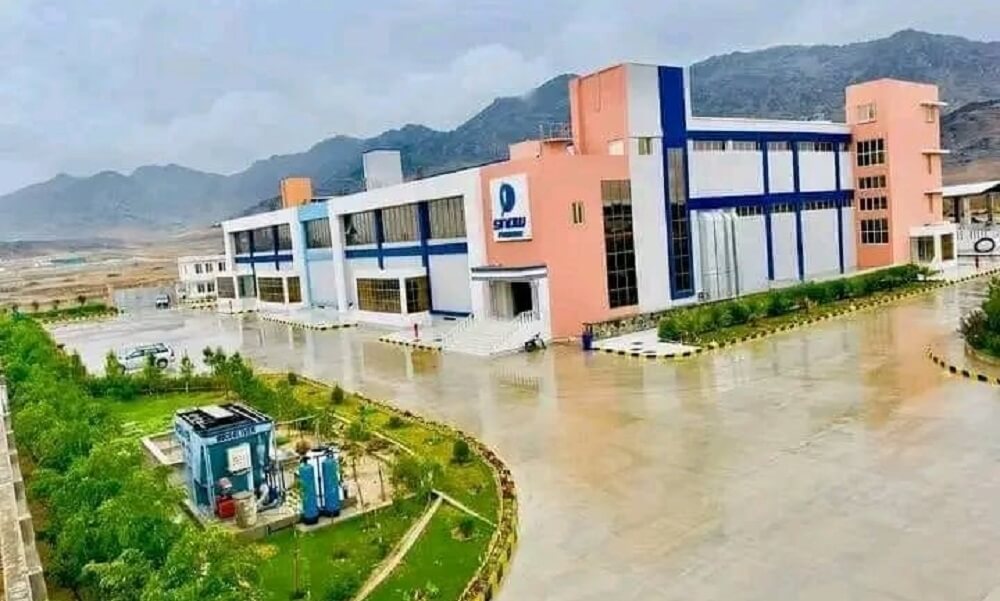 A new pharmaceutical company, with an investment of $20 million, was officially inaugurated on Thursday in Kabul. The ceremony was attended by key leaders of the Islamic Emirate, including Deputy Prime Minister for Economic Affairs, Mullah Abdul Ghani Baradar.
A new pharmaceutical company, with an investment of $20 million, was officially inaugurated on Thursday in Kabul. The ceremony was attended by key leaders of the Islamic Emirate, including Deputy Prime Minister for Economic Affairs, Mullah Abdul Ghani Baradar.
The newly launched company is expected to manufacture 50 different types of drugs once it becomes fully operational. Speaking at the launch ceremony, Baradar emphasized the critical importance of producing high-quality pharmaceuticals, stating that poor-quality drugs pose a risk to lives, whereas good-quality medicines can save them.
Baradar also highlighted that the establishment of more manufacturing companies like this one would significantly contribute to the growth of the country’s economy. He urged both domestic and international investors to contribute to the reconstruction and development of Afghanistan by starting new businesses. He assured investors that the environment is now conducive for investment and encouraged them to take advantage of the available opportunities.
Health officials at the event noted that there are currently 77 pharmaceutical companies operating in Afghanistan, and they are making serious efforts to achieve self-sufficiency in the pharmaceutical sector. The Islamic Emirate officials reiterated their full support for pharmaceutical companies but stressed that these manufacturers must produce drugs that meet international standards.
Surge in Intl Flights Over Afghanistan Amid Mideast Conflicts
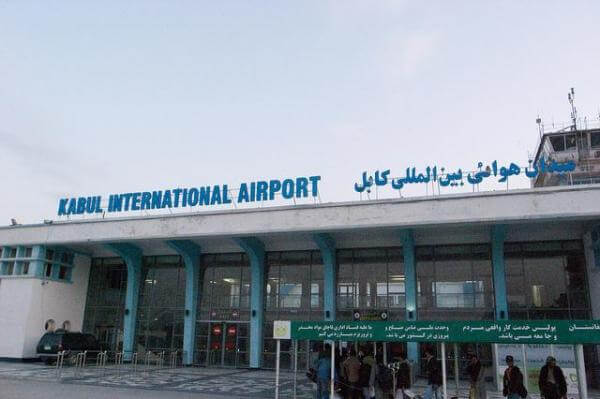 Reuters has reported that Singapore Airlines and British Airways have significantly increased their flights over Afghanistan’s airspace due to the ongoing conflicts in the Middle East. According to the report, the number of flights passing through Afghanistan’s airspace in the second week of this month was more than seven times higher than during the same period last year.
Reuters has reported that Singapore Airlines and British Airways have significantly increased their flights over Afghanistan’s airspace due to the ongoing conflicts in the Middle East. According to the report, the number of flights passing through Afghanistan’s airspace in the second week of this month was more than seven times higher than during the same period last year.
Shakir Yaqubi, an economic expert, commented: “The resumption of flights not only boosts confidence in Afghanistan’s airspace but also increases the revenues earned from aviation. Additionally, Afghanistan could serve as an alternative route for airlines unable to pass through Middle Eastern airspace, providing a strategic advantage.”
The Chamber of Commerce and Investment echoed this sentiment, noting that the surge in flights through Afghan airspace would positively impact the country’s income. Khanjan Alokozai, a member of the Board of Directors of the Chamber of Commerce and Investment, emphasized: “The Islamic Emirate must work to build global trust in Afghanistan’s air and ground security, which is crucial for the country’s interests. The increased utilization of Afghan airspace not only brings significant revenue but is also vital for transit.”
The Ministry of Transport and Aviation has assured that all necessary facilities are in place to accommodate the rise in flights over the country’s airspace. Imamuddin Ahmadi, the spokesman for the Ministry of Transport and Aviation, stated: “Afghanistan’s airspace is fully prepared. Since the Islamic Emirate’s victory, flights have actively resumed, and thankfully, there have been no issues.”
In the past year, international airlines such as Turkish Airlines, Air Arabia, and Flydubai have also resumed their flights to Afghanistan.
Challenges and Progress in Empowering Female Entrepreneurs in Afghanistan
 The Women’s Chamber of Commerce and Industries informed Media that over 2,500 female entrepreneurs have obtained business licenses in the past three years, while more than 130,000 women are currently operating without licenses. Nazanin Ahmadzai, the spokesperson for the Women’s Chamber of Commerce and Industries, emphasized the chamber’s commitment to supporting female entrepreneurs.
The Women’s Chamber of Commerce and Industries informed Media that over 2,500 female entrepreneurs have obtained business licenses in the past three years, while more than 130,000 women are currently operating without licenses. Nazanin Ahmadzai, the spokesperson for the Women’s Chamber of Commerce and Industries, emphasized the chamber’s commitment to supporting female entrepreneurs.
“In general, women are active in nine sectors, including agriculture, livestock, health, industry, logistics, and services,” Ahmadzai stated.
Several women who have initiated small businesses over the past three years are urging the interim government to provide support across various sectors. Sediqa Tofan, a political science and international relations student in Kabul, has turned to work as a vendor in one of the city’s markets. She shared her experience, saying, “I started with very little capital, but with the support of women and friends, we managed to establish a business, secure a shop, and sell products made by Afghan women.”
Sanam, another shopkeeper, added, “If a girl from a family works, she can significantly reduce the burden on her father and address her own challenges.”
The lack of capital and markets are identified as the most significant challenges facing female vendors. These women, who work tirelessly from dawn to dusk to support their families, are calling on the interim government to assist small businesses. Najma Hussaini, another shopkeeper, noted, “When girls work, it helps reduce poverty within families and society.”
Previously, the United Nations Development Program (UNDP) reported that it had supported 75,000 women-led businesses over the past two years.
Success Reported at Kabul's 'Victory and Economic Progress' Exhibition
 As the “Victory and Economic Progress Exhibition” in Kabul enters its third day, participants have reported satisfactory sales and expressed optimism about the event’s impact on their businesses. The exhibition, which features 310 booths—150 of which are dedicated to women entrepreneurs—has provided a valuable platform for exhibitors to showcase their products and engage with a growing number of visitors.
As the “Victory and Economic Progress Exhibition” in Kabul enters its third day, participants have reported satisfactory sales and expressed optimism about the event’s impact on their businesses. The exhibition, which features 310 booths—150 of which are dedicated to women entrepreneurs—has provided a valuable platform for exhibitors to showcase their products and engage with a growing number of visitors.
Exhibitors have expressed their enthusiasm for the exhibition and their desire to participate in future domestic and international events. Diba, one of the exhibitors, shared, “The products we have displayed include natural cumin, wild honey, Badakhshan quroot, and Badakhshan mountain pistachios.” She noted the significant increase in visitors on the second day, which positively impacted sales.
Another exhibitor, Mirza, echoed this sentiment, stating, “Today is the third day of the exhibition. We had a lot of visitors, and yesterday, which was Friday, the number of visitors increased significantly, and our sales were also good.”
Bobaani, another participant, emphasized the importance of providing more opportunities for women to showcase their handicrafts and carpets. She urged for greater access to international exhibitions to promote Afghan products on a global stage.
Visitors to the exhibition also highlighted the importance of such events in promoting domestic products. “Today, we came to visit the exhibition to learn about our country’s domestic products and to understand what is produced in Afghanistan,” said Hamidullah, a visitor. Another visitor, Hadya, added, “Our request of the Islamic Emirate is to allow more such exhibitions to be held so that people can participate, and participating in these exhibitions also contributes to the growth of the country’s economy.”
The exhibition’s organizers have reported a steady increase in attendance over the past three days. Farid Naderi, the event’s organizer, stated, “Fortunately, the number of visitors to this exhibition has increased day by day, and since today is the third day of the event, more than thirty thousand of our compatriots visited the exhibition yesterday.”
Officials from the Islamic Emirate have emphasized the importance of such exhibitions in strengthening the country’s trade and economy. They have organized several domestic product exhibitions annually, both within Afghanistan and in countries such as Uzbekistan, Turkmenistan, Kazakhstan, China, and Iran.
The “Victory and Economic Progress Exhibition” has been a resounding success, providing a platform for Afghan businesses to showcase their products, connect with consumers, and contribute to the nation’s economic growth.
Recent Afghanistan Economic Outlook
Join to our Newsletter
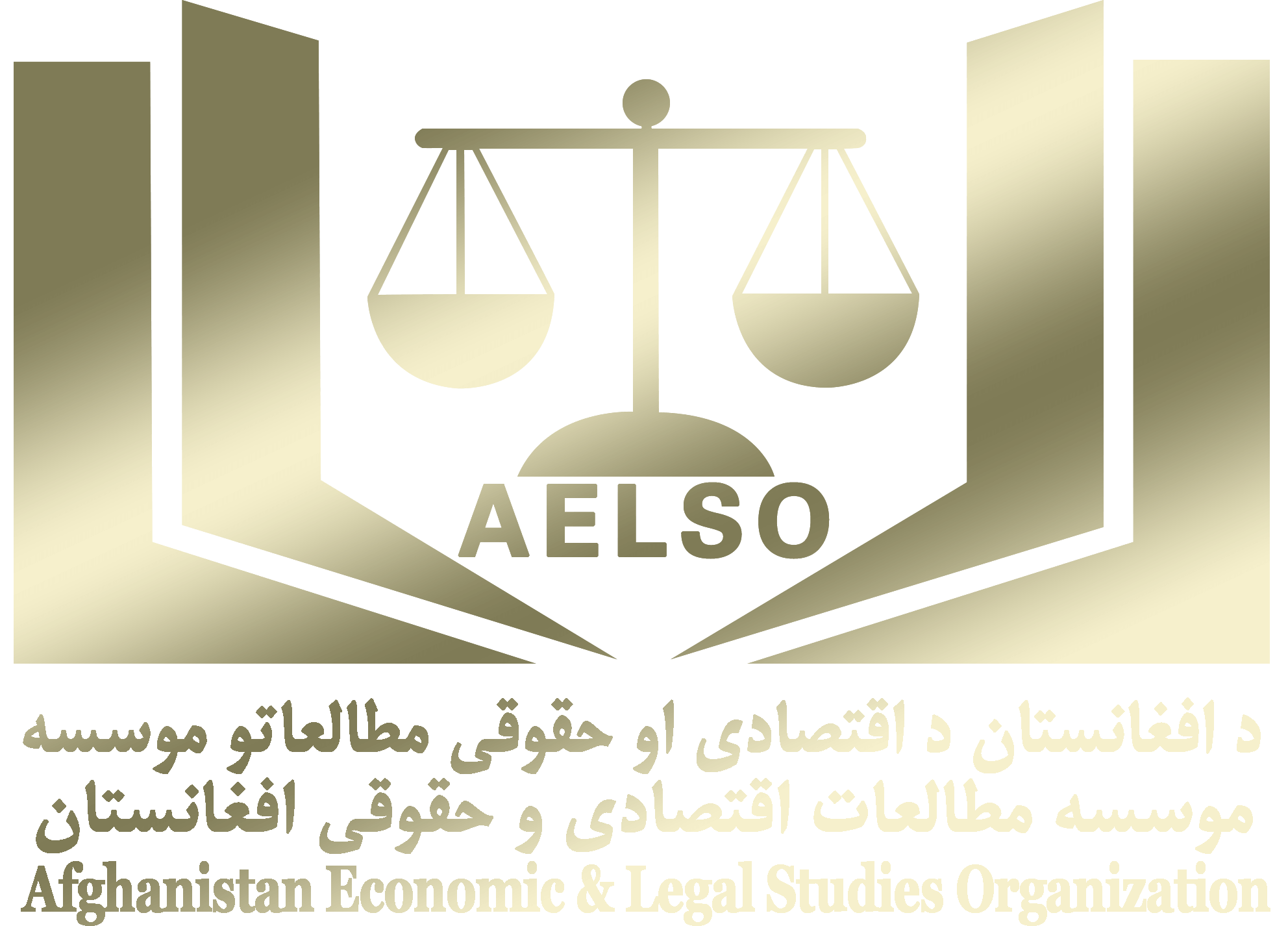
Advancing the Ideas for a Peaceful and Prosperous Afghanistan
© 2024 Copyright Afghanistan Economic & Legal Studies Organization.